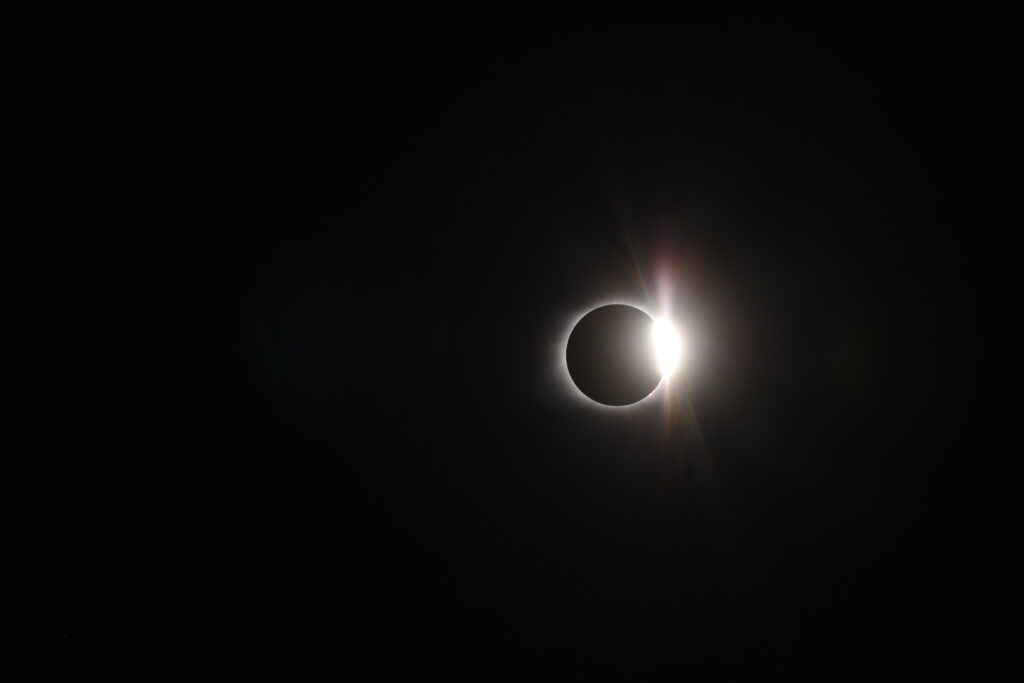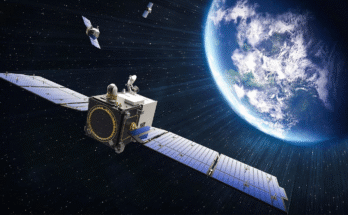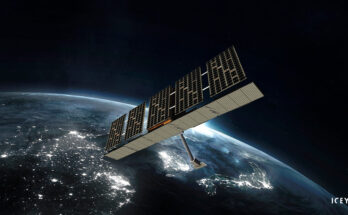
At Forecast International, we’re keeping our eyes on the skies – even during eclipses! Our Space Systems expert, Carter Palmer, assures us that while the eclipse might cause a stir on Earth with confused pets and curious students, it shouldn’t disrupt the critical satellite communication systems we rely on.
Here’s a deeper dive into why:
Minimal Effect on Most Satellites: Geostationary satellites, which orbit Earth at a high altitude and maintain a fixed position relative to us, won’t be affected by the eclipse. They simply won’t pass through Earth’s shadow.
Temporary Power Dip for Others: Satellites in lower orbits might experience a brief dip in solar power as they pass through the eclipse path. This is because the eclipse blocks sunlight from reaching their solar panels. However, most satellites are equipped with batteries specifically designed to handle these short periods of darkness.
Designed for Resilience: Even with a temporary power dip, the impact is usually minimal. Satellites can switch to low-power modes or utilize their batteries to ensure essential functions like communication continue uninterrupted.
Exceptional Cases: Highly sensitive missions, like those requiring extremely stable temperatures, might require special precautions during an eclipse. Their design may even involve avoiding Earth’s shadow altogether.
While the eclipse might be a fascinating celestial event here on Earth, the world’s satellite communication systems are built with resilience in mind. You can rest assured that commercial and military aircraft around the world will experience minimal, if any, disruption during this astronomical phenomenon. Just don’t look directly at the sun!
For more than 50 years, Forecast International intelligence reports have been the aerospace and defense industry standard for accurate research, analysis, and projections. Our experienced analysts compile, evaluate, and present accurate data for decision makers. FI's market research reports offer concise analysis of individual programs and identify market opportunities. Each report includes a program overview, detailed statistics, recent developments and a competitive analysis, culminating in production forecasts spanning 10 or 15 years. Let our market intelligence reports be a key part of reducing uncertainties and mastering your specific market and its growth potential. Find out more at www.forecastinternational.com



